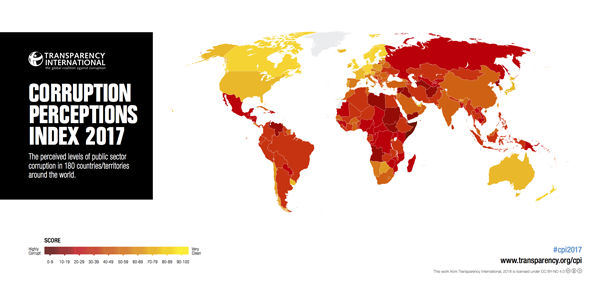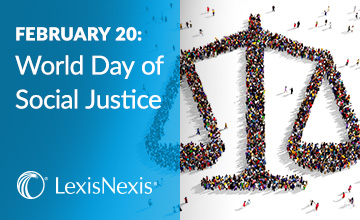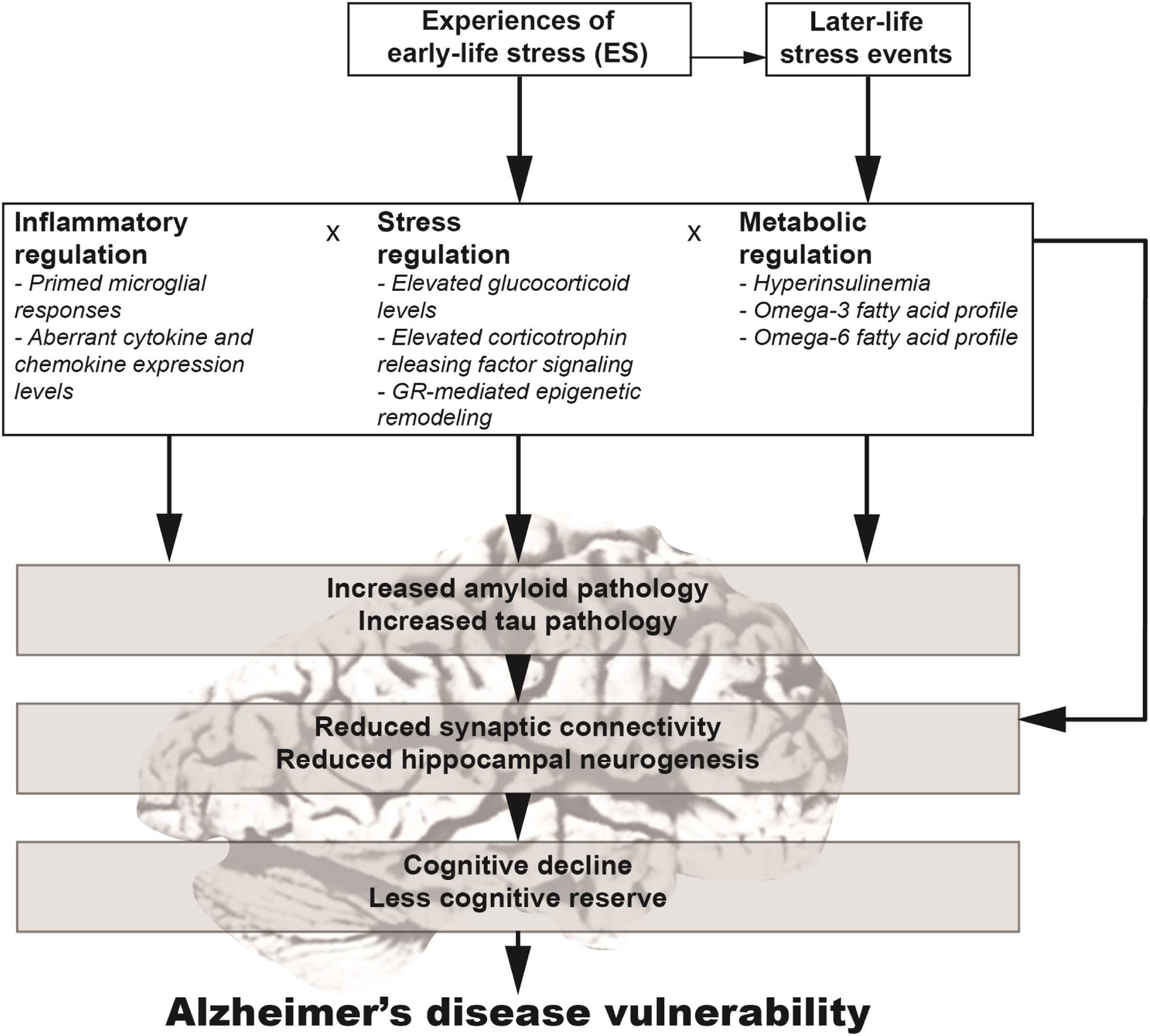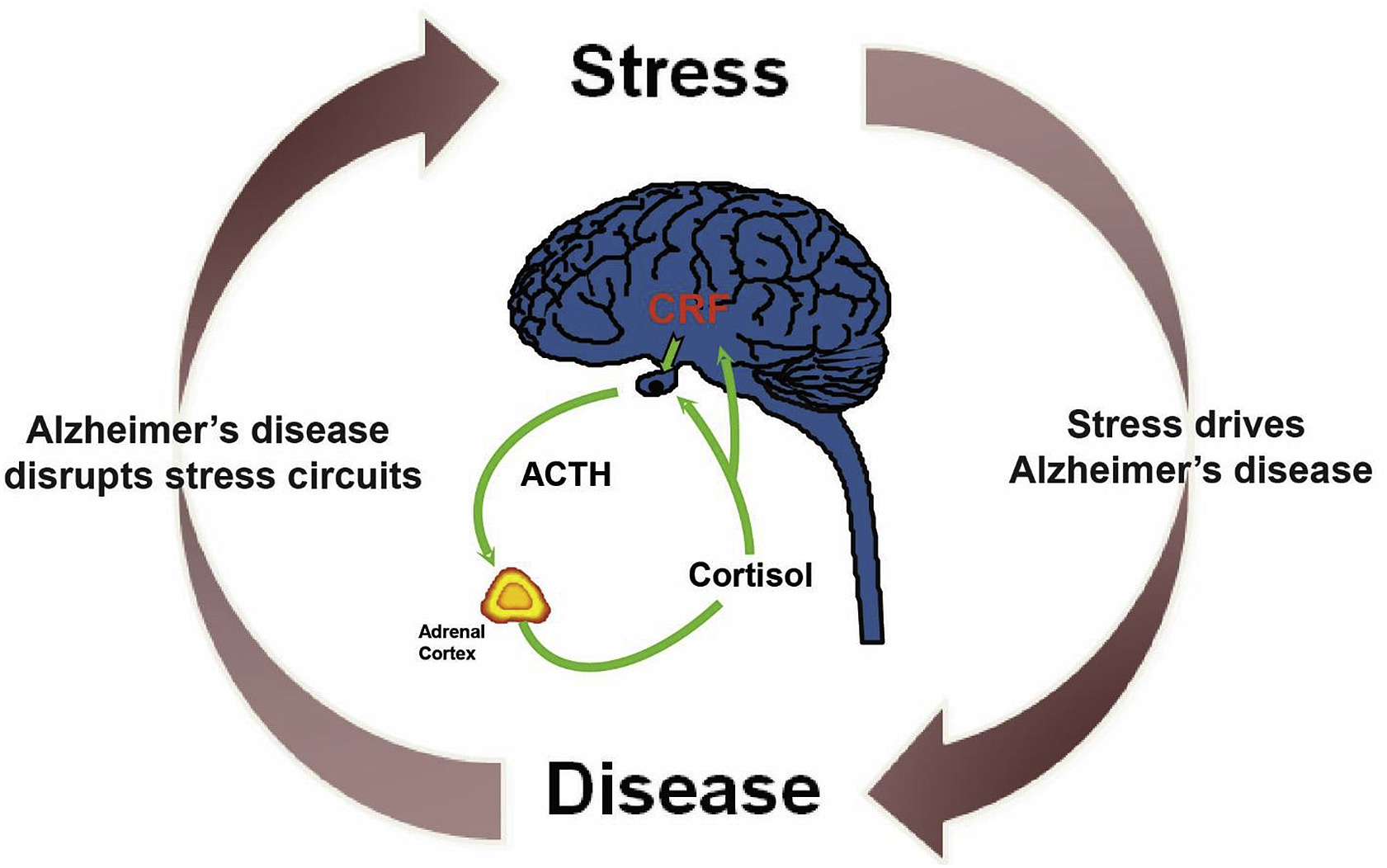Elsevier,
Sang, Yuanrui; Karayaka, Hayrettin Bora; Yan, Yanjun; Yilmaz, Nadir; Souders, David. 1.18 "Ocean (Marine) Energy", Editor: Ibrahim Dincer, Comprehensive Energy Systems, Elsevier (2018), Pages 733-769, ISBN: 9780128149256.
Marine energies are still early in their development and their potential is largely untapped, but our oceans could supply the entire world with power and begin to eradicate our dependency on fossil fuels. As scientists and governments further research and develop marine energy, we can expect (and hope) that it will become a significant global energy source in the next decade. This book chapter advances SDGs 7, 11 and 13.
Supporting goal 10 (reduced inequalities) and goal 16 (peace, justice and strong institutions) the world’s most corrupt countries have been revealed in Transparency International’s 2017 Corruption Perceptions Index.
Supporting goal 10 (reduced inequalities), goal 8 (decent work and economic growth) and goal 16 (peace, justice and strong institutions) this blog discusses the fight for social justice and the links with inclusion and decent work for migrants in a global economy.
Objective: To discuss lesbian, gay, bisexual, and transgender (LGBT)-specific survivorship issues including: integrating sexual and gender minority identities with cancer survivor identities; coordinating medical care and disclosing identities to health care providers; dealing with late effects of treatment; and addressing LGBT family and relationship issues. Data Sources: Published articles, quotes from an online survey of 311 LGBT survivors.
Wasting food is one of the rare problems that affects our ability to achieve economic goals in terms of food security, environmental sustainability, and farm-financial security. Most of the ideas proposed to this point involve either behavioral nudges or administrative regulations that are either too paternalistic or piecemeal to represent viable solutions. In this study, we investigate the potential for commercial peer-to-peer mutualization systems (CPMSs), or sharing-economy firms, to emerge as market platforms for the exchange of surplus food.
This paper investigates the association between the Big 4 accountancy firms and the extent to which multinational enterprises build, manage and maintain their networks of tax haven subsidiaries. We extend internalisation theory and derive a number of hypotheses that are tested using count models on firm-level data. Our key findings demonstrate that there is a strong correlation and causal link between the size of an MNE's tax haven network and their use of the Big 4.
The net ecosystem exchange (NEE) is the difference between ecosystem CO2 assimilation and CO2 losses to the atmosphere. Ecosystem respiration (Reco), the efflux of CO2 from the ecosystem to the atmosphere, includes the soil-to-atmosphere carbon flux (i.e., soil respiration; Rsoil) and aboveground plant respiration. Therefore, Rsoil is a fraction of Reco and theoretically has to be smaller than Reco at daily, seasonal, and annual scales.
Stress experienced early in life (ES), in the form of childhood maltreatment, maternal neglect or trauma, enhances the risk for cognitive decline in later life. Several epidemiological studies have now shown that environmental and adult life style factors influence AD incidence or age-of-onset and early-life environmental conditions have attracted attention in this respect.
Stress is critically involved in the development and progression of disease. From the stress of undergoing treatments to facing your own mortality, the physiological processes that stress drives have a serious detrimental effect on the ability to heal, cope and maintain a positive quality of life. This is becoming increasingly clear in the case of neurodegenerative diseases. Neurodegenerative diseases involve the devastating loss of cognitive and motor function which is stressful in itself, but can also disrupt neural circuits that mediate stress responses.





